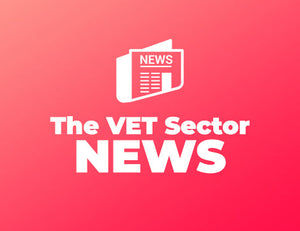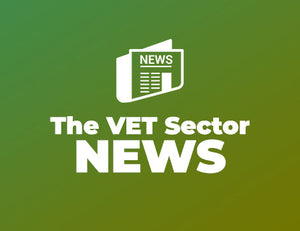
Trainers and assessors and their industry currency
SUKH SANDHUTrainers and assessors are integral to the Vocational Education and Training (VET) industry, and their role in delivering quality training and assessment services is paramount to ensuring that learners acquire authentic skills and experiences that enable their success. To this end, it is crucial that trainers and assessors remain current in their specific industries or fields at all times, meaning that they must maintain industry currency.
Under the Standards for RTOs 2015, Clause 1.6, RTOs are required to implement a range of strategies for industry engagement and use the outcomes of that engagement to ensure that the current industry skills of their trainers and assessors are relevant to the industry. This clause highlights the importance of maintaining industry currency and emphasises that trainers and assessors must possess significant knowledge and expertise in their respective industries.
The nature of industries is that they are constantly evolving and subject to change. New technologies, trends, and practices emerge, making it essential for trainers and assessors to update their skills and knowledge regularly. Trainers and assessors who fail to keep up with industry developments risk providing outdated training and assessment services that may not meet the needs of learners and employers. Consequently, it is important for trainers and assessors to take proactive steps to maintain their industry currency.
One of the primary ways to maintain industry currency is to actively engage with other professionals in the industry. This includes attending relevant workshops and seminars, participating in conferences and networking events, and being involved in industry associations and groups. Such activities enable trainers and assessors to gain new insights and knowledge into their industries and provide opportunities to exchange ideas and experiences with other professionals in the field.
Another critical aspect of maintaining industry currency is staying informed about changes in legislation or regulations that may impact the industry. Trainers and assessors must be aware of any changes to ensure that their training and assessment services remain compliant and of high quality. This involves seeking out and reviewing relevant information, such as government publications and industry reports.
Seeking feedback from learners and peers is another effective way for trainers and assessors to maintain their industry currency. Feedback can provide valuable insights into how learners are responding to the training and assessment services being provided and highlight areas where trainers and assessors may need to improve or update their skills. Peer feedback can also be valuable as it provides trainers and assessors with an opportunity to receive constructive criticism from colleagues who may have more experience or expertise in the industry.
Trainers and assessors should also have access to accurate and reliable information sources to ensure that they are providing the most up-to-date and relevant training to their learners. This may involve subscribing to industry publications or online communities, or networking with industry peers.
The regulatory body also expects RTOs to verify the currency of their trainers' skills and knowledge in the industry. This involves assessing the trainers' experience and qualifications to determine whether they are a good fit for the organisation. RTOs must ensure that their trainers and assessors possess the necessary skills and knowledge to deliver quality training and assessment services that meet the needs of learners and employers.
In conclusion, maintaining industry currency is a critical aspect of the profession of trainers and assessors. Trainers and assessors must remain current in their respective industries to provide effective training and assessment services that meet the needs of learners and employers. To achieve this, trainers and assessors must take proactive steps to engage with their industries, stay informed about changes in legislation and regulations, seek feedback from learners and peers, and have access to accurate and reliable information sources. By doing so, trainers and assessors can provide the most relevant and effective training and assessment services possible and contribute to the success of both themselves and the learners they serve.
RECENT POSTS





